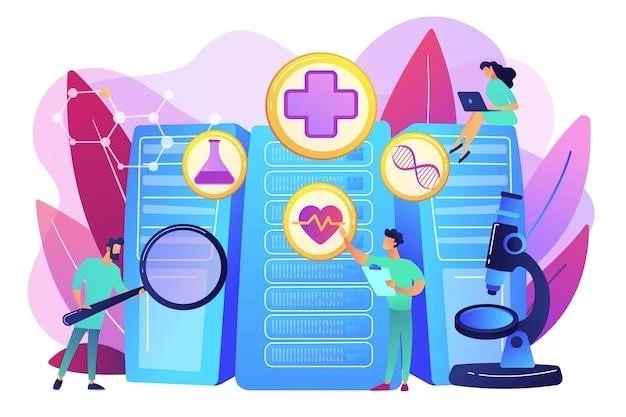Rare Diseases and the Healthcare System: My Journey as a Patient Advocate
As a healthcare professional, I have witnessed firsthand the challenges faced by individuals living with rare diseases. These conditions, which affect fewer than 200,000 people in the United States, often go undiagnosed or misdiagnosed, leaving patients struggling to access appropriate care.

Diagnosis Odyssey
My journey as a patient advocate began when my daughter, Emily, was diagnosed with a rare genetic condition called Pompe disease at the age of two. The diagnosis came after years of unexplained symptoms and countless doctor visits. The lack of awareness and understanding surrounding rare diseases made it difficult to find the right specialists and treatments.
Navigating the System
Once Emily was diagnosed, we were confronted with a complex and fragmented healthcare system. Insurance companies often denied coverage for necessary therapies, and we faced numerous hurdles in accessing specialized care. The lack of coordination between different healthcare providers made it challenging to ensure that Emily received the comprehensive care she needed.
Empowering Patients
Determined to make a difference, I became a passionate advocate for rare disease patients. I joined support groups, met with policymakers, and shared our story to raise awareness and advocate for better access to care.
Through my advocacy work, I have witnessed the transformative power of patient organizations. These groups provide invaluable support, information, and resources to patients and their families. They also play a crucial role in advocating for policy changes that improve the lives of those living with rare diseases.

Policy Imperatives
To address the unique challenges faced by rare disease patients, I believe several key policy changes are essential:
- Increased Funding for Research: Rare diseases are often underfunded, which limits our understanding of these conditions and the development of effective treatments.
- Improved Access to Care: Patients with rare diseases should have timely access to specialized care and therapies, regardless of their financial situation or location.
- Support for Patient Advocacy Groups: These organizations provide vital support and advocacy services that empower patients and their families.
- Data Collection and Sharing: Establishing comprehensive data registries can help improve our understanding of rare diseases and track patient outcomes.
- Education and Awareness: Raising awareness about rare diseases among healthcare providers, policymakers, and the general public is crucial for early diagnosis and access to care.
A Call to Action
Rare diseases may be rare, but the impact they have on patients and their families is profound. As a healthcare professional and patient advocate, I urge everyone to join the fight for better access to care and support for those living with these challenging conditions. By working together, we can create a healthcare system that truly meets the needs of all patients.










